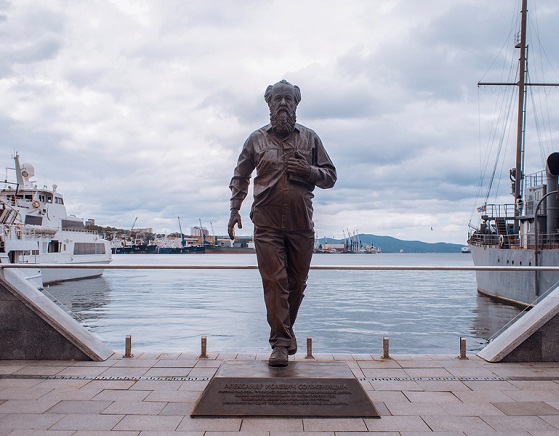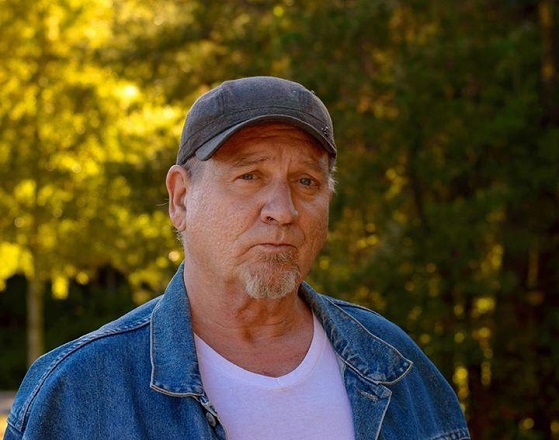The American Gulag: Using Poverty to Oppress People.

In the 1980s, I moved into two floors of residential space over the Hudson Theater, built in the early 1900s at 139 West 44th Street in NYC.
It was one of the original Broadway theaters. I ended up there in order to help a friend of mine’s ageing parents manage the large space that included a walk-in kitchen, four bedrooms and bathrooms, two large living rooms with fireplaces and rehearsal spaces.
His parents had produced and directed the original production of Porgy and Bess, The space on 44th Street, when I lived there, was a hub for actors and producers to congregate and network. It was also located in the heart of Times Square, which was then a red-light district.
The theater below us had stopped booking legitimate shows because the general public feared going into the district. It showed adult films, and later became an S&M Club. We didn’t mind; it kept the heat and hot water on.
At this time, the city was in the early stages of financing a Times Square redevelopment project that would infuse millions of dollar of city, state and federally backed loans to investors who were willing to get on board with this project.
Our lease was less than $300 a month, protected by rent-controlled artist-in-residence agreements.The heat was on.
It got too hot for me — constant litigation along with physical threats and verbal harassment — so I moved out. The city eventually agreed to move the elderly couple to live with relatives in Arizona. They then redeveloped Times Square into what it is today: a corporate theme park featuring Disney.
I will say that I find people dressed up to look like mouses and ducks more grotesque then people traipsing around in negligees or nothing.
After taking care of my own ageing parents, whey passed away in the middle of the most severe recession since the Great Depression, I found myself living in public housing in a suburb. It was unbearable.
About half a year ago, I returned to NYC to meet with a publisher and decided to stay there. But the Times Square redevelopment project had set the stage for high-end investments throughout the city. It is now virtually impossible to find affordable housing, not just in Manhattan, but also the outer boroughs where low-income New Yorkers historically lived — Brooklyn, the Bronx, Spanish Harlem, Staten Island.
So where do all these people live now? Same as me. In Gulags. The one I am in is called The Bellevue Homeless Housing Assessment Facility. I’m not using the word Gulag frivolously. I have instructed literary agents representing my work to compare my writing about poverty and homelessness in America to that of the Russian novelist Aleksandr Solzhenitsyn, who was writing about political repression in Russia.
Sappy American intellectuals frame acute poverty as a temporary economic problem in a good country.
It’s not. It’s a way to oppress people. In the broadest sense, Gulag means any state-sponsored programs designed to hold down people who might otherwise be dissenting against the government. If you live in America — the reputedly wealthiest nation on earth — and you are poor, you’ve got a lot of reasons to dissent.
The government knows this, so they entangle poor people in the American Gulag — crib to grave incarceration, probation, parole, endless rehab programs and homeless shelters.
Let me give you an example. Bellevue has more than 400 residents, most of them black or brown, and almost all of whom have spent large portions of their lives incarcerated or otherwise institutionalized.
One evening while I was hanging out in a lounge, a young Black man from Harlem began asking me questions about how the shelter worked — times to leave and come back, where to eat and when, laundry facilities, etc. In turn, I asked him what were the circumstances that brought him here.
He had just been released from Rikers Island, one of the most notorious prisons in the NY state penal system.
“Why?” I asked.
“Arrested for robbery,” he replied.
“Were you guilty?”
“I was guilty of being a young knucklehead hanging out with other knuckleheads.”
“Okay. Were you required to post pre-trial bail?”
“Yeah. $30,000.” (That’s a $3,000.00 bond that he didn’t have.)
While waiting in Rikers for a hearing — eight months — he got into an altercation with prison guards (one of the things Rikers is notorious for).
In the end, he was acquitted of the robbery and his case was dismissed, but he was charged and found guilty of assaulting police officers. He was sentenced, and served 12 years, from the age of 18 to 30. His twenties were taken away from him because his race assumed guilt and he was too poor to pay bail.
Solzhenitsyn blew off the façade of Soviet Socialist utopianism by writing fearlessly and realistically about the Russian Gulag. I am calling on other American writers and dissenters to help demythologize American exceptionalism and see it for what it is. A place that enterprises on racism and poverty for financial and political gain.

